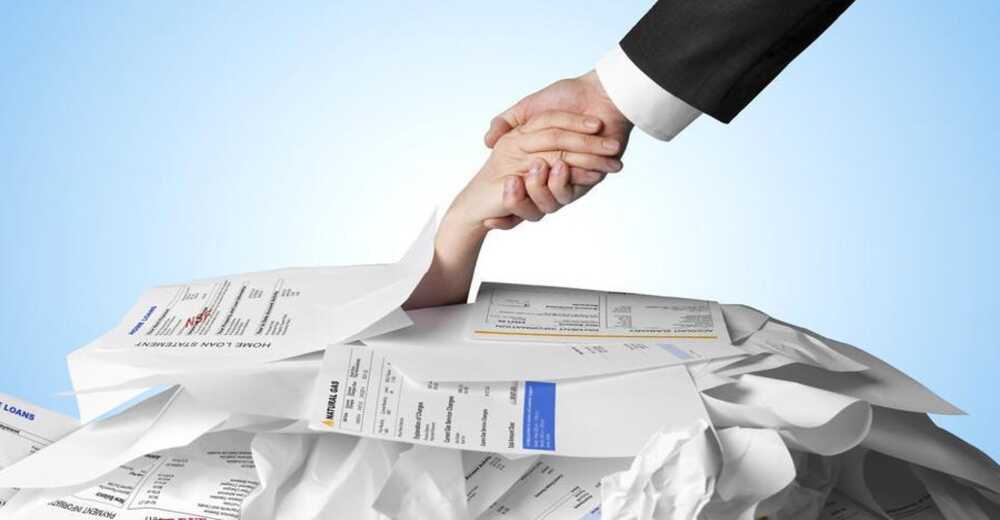Our goal at InstaEMI, a Loan Company happy to provide access to personal loans and education loan, car loan, home loan at competitive interest rates.

Carrying high levels of credit card debt can have a negative impact on your finances in several ways.
High-interest rates: Credit card debt typically has high-interest rates, which can make it difficult to pay off the debt and can result in paying more in interest charges over time.
Credit score: High levels of credit card debt can lower your credit score, which can make it more difficult and more expensive to obtain credit in the future.
Limited Cash Flow: High credit card debt can limit your ability to save money and make other investments, as you may be using a significant portion of your income to make minimum payments.
Stress: Carrying high levels of debt can also be stressful and can impact your overall well-being.
To manage credit card debt, there are several steps you can take:
Create a budget: Create a budget to better understand your income and expenses and identify areas where you can cut back on spending.
Prioritize payments: Prioritize payments on credit cards with the highest interest rates first.
Consolidate debt: Consider consolidating your credit card debt into a personal loan or balance transfer credit card with a lower interest rate.
Use cash or debit: Try to use cash or debit for everyday expenses to avoid adding to your credit card debt.
Seek professional help: If you’re struggling with credit card debt, consider seeking the help of a financial advisor or credit counselor.
Avoid future debt: Once you have managed to pay off your credit card debt, it is important to avoid falling back into the same situation by creating a plan to avoid future debt, such as by setting a limit on how much you will use credit cards and when, and creating an emergency savings fund.
It’s also important to remember that paying off credit card debt is a process, and it may take time to fully pay off the debt. Be patient and persistent and stay committed to your plan.